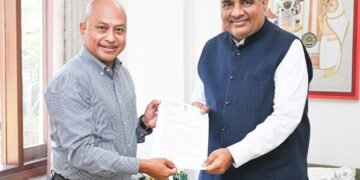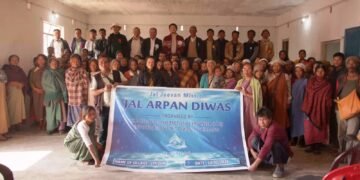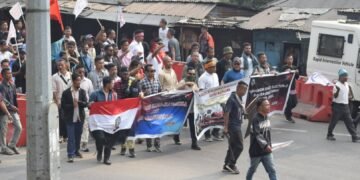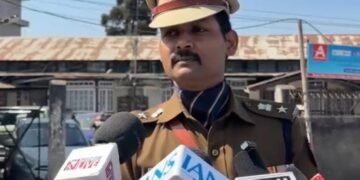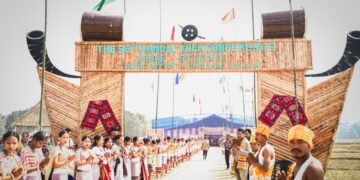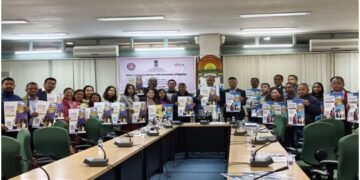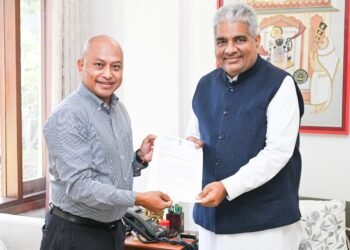While electing more representatives from historically marginalized communities like Scheduled Castes, Scheduled Tribes, and Other Backward Classes is a positive step, it doesn’t automatically uplift every individual within these groups. To ensure true equity, equality, and justice, it’s crucial to regularly assess the progress and well-being of those who may still be left behind.
The Narendra Modi government faces mounting pressure to conduct the long-overdue national census, with an additional focus on caste demographics. Understanding who has benefited and who still lags behind, despite reservations and quotas in education and government jobs, is crucial for addressing the nation’s inequalities.
In 2014, Modi campaigned as a champion of OBCs, claiming that his background made him a target of disdain from the upper-caste Congress. Now, after over a decade in power, he should be keen to assess the progress of his OBC peers during his tenure. It remains speculative whether all OBCs have indeed made significant strides towards parity with the upper castes. Moreover, it’s crucial to acknowledge that within groups such as the Yadavs, Mauryas, Marathas, or the Soren community, not everyone is equally influential or privileged — many still face considerable disadvantages compared to the more prominent families within these communities.
The Modi government has yet to set a date for the national census or commit to the caste census that is being urged not only by the Congress and its allies in the Opposition INDIA bloc but also by BJP coalition partners like Nitish Kumar of Janata Dal (United), Chirag Paswan of the Lok Janashakti Party, and N Chandrababu Naidu of the Telugu Desam Party. As Modiji continues to delay the announcement of the census and caste census, his reluctance will increasingly appear politically untenable and, frankly, unreasonable.
This is not to suggest that the Congress, under Rahul Gandhi’s leadership, is entirely consistent in its approach to advocating for increased reservations or quotas for SCs, STs, and OBCs. Gandhi and the Congress, along with some BJP allies, have called for the inclusion of Muslim Dalit and OBC sub-castes in any proposed revisions. However, Rahul Gandhi’s statements on this matter have been notably ambiguous and lack detail.
Securing a concession from Modiji, who admitted a misstep regarding the lateral entry system into mid- and top-level Central government positions — without specifying how many of the 45 available jobs were reserved under the quota system — was a notable political victory. Rather than capitalising on this momentum by detailing plans to address the imbalanced playing field, Rahul Gandhi responded with a general statement: “We will conduct a caste census and remove the 50 per cent cap on reservations, which I disagree with. We need data on the participation of various castes in different institutions before moving forward. Discussions about reservations happen frequently, but meaningful opportunities remain scarce.”
He appeared to overlook the fact that by merely talking, he was missing an opportunity to highlight how to reform a system that has entrenched privilege for a few while neglecting the many who are underprivileged. Understanding this aspect of Indian reality doesn’t require exhaustive research.
For India’s political leaders, the most challenging issue is how to start addressing deep-rooted caste inequality. The judiciary’s approach of further distinguishing the most disadvantaged within the SCs, STs, and OBCs categories has been criticised by Dalit organisations. They argue that this method merely creates an artificial “creamy layer” rather than tackling the fundamental problem of historical discrimination and the need to eradicate it.
Neither the Congress and its INDIA bloc allies nor the National Democratic Alliance and BJP partners have clear solutions to the problem. Both sides seem ready to tackle the issue but hesitate, much like kabaddi players reluctant to begin their game. Their reluctance is understandable, given the potential political fallout of failing to meet the expectations of the diverse Indian electorate, which includes both the socially disadvantaged and the upper castes.
In response to Rahul Gandhi’s vague comments on a caste census, the BJP has focused on his caste identity, accusing the Congress of attempting to divide the nation. Tokhan Sahu, a Union Minister from Chhattisgarh, recently added fuel to the fire with his statement: “Now they are conspiring to split the country under the guise of a caste census. Those who advocate for this demand should disclose their own caste.”
Adding to the troubles, the toppling of the newly erected Shivaji statue in Rajkot just before the critical Maharashtra elections represents both bad luck and a major blunder. With intense agitation for Maratha reservations further complicating the caste dynamics crucial to the Mahayuti alliance, the damaged statue of their iconic figure serves as a stark reminder of the BJP’s role in toppling the MVA government. To address the hurt feelings of the Maratha community, already fractured among Ajit Pawar, Sharad Pawar, and Uddhav Thackeray’s supporters, Modiji swiftly intervened, issuing a public apology and declaring Shivaji as a revered deity worshipped by all.
Policy-making and effective implementation aimed at dismantling the entrenched upper-caste privilege — marked by exclusive access to status, power, and networks—requires creating a level playing field for Dalits, SCs, STs, and OBCs, with a focus on the most disadvantaged sub-castes. This is fundamentally different from the electoral strategy of micro-managing support by targeting specific sub-castes within the reservation and quota system.
Rahul Gandhi should have emphasized that the census is also crucial for addressing the issues faced by another historically discriminated group: women. For women and other genders, the challenges they face transcend caste boundaries.
Without a national census, the commitment to reserve 33 percent of seats in state legislatures and the Lok Sabha cannot even begin to be realised. Rahul Gandhi has pointed out that no Miss India has ever come from SCs, STs, or OBCs. However, he should also investigate how many women have successfully entered the male-dominated fields of state and Central bureaucracy, police, public sector institutions, and top levels of the education system.
To effectively dismantle discrimination through reservation and affirmative action, both caste and gender issues must be addressed. Focusing on one while neglecting the other only serves to reinforce patriarchy and render women nearly invisible. This situation represents a grave injustice that demands urgent attention from political advocates.
(The writer can be reached at dipakkurmiglpltd@gmail.com)

